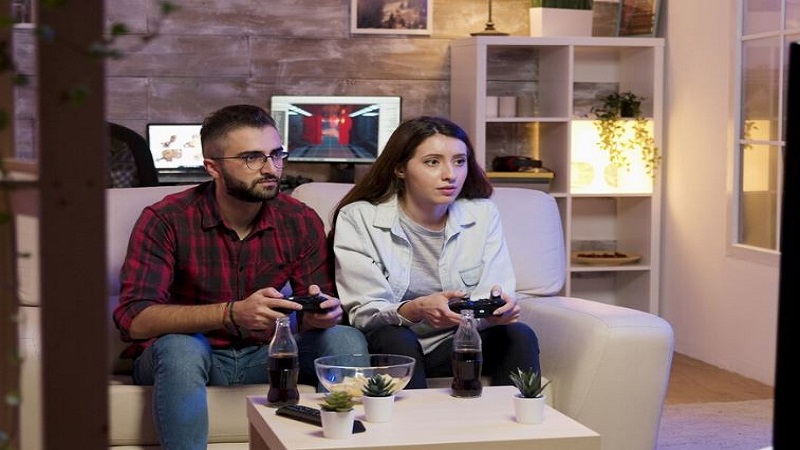In recent years, the world of gaming has transformed from a leisurely pastime into a thriving competitive arena. For many gamers, the allure of competitive gaming lies in its thrilling challenges and the chance to test one’s skills on a global stage. Transitioning from a casual gamer to a competitive player involves dedication, practice, and strategic planning.
This article explores essential steps and strategies to make this transition smoothly, including skill development, understanding the competitive landscape, building a supportive community, and more.
Skill Development: The Foundation of Competitive Gaming
The first step in moving from casual to competitive gaming is honing your skills. Skill development is a continuous process that requires dedication and a structured practice routine. Begin by identifying your strengths and weaknesses within your chosen game. Focus on improving your weaknesses while further enhancing your strengths. Watching tutorials, studying professional gameplay, and practicing consistently can significantly boost your skill level.
Additionally, setting specific goals can help guide your practice sessions. Goals should be realistic and measurable, such as improving your reaction time or mastering specific in-game mechanics. Regularly assessing your progress will keep you motivated and on track.
Understanding the Competitive Landscape
Before diving into competitive gaming, it’s crucial to understand the landscape of the scene. Research the different levels of competition, from local tournaments to international championships. Familiarize yourself with the rules, formats, and common strategies used in competitive play. This knowledge will not only prepare you mentally but also give you a strategic edge over your opponents.
Keeping up with the latest updates and patches of your chosen game is also vital. Developers often tweak game mechanics, which can influence competitive strategies. Being aware of these changes ensures you can adapt quickly and stay ahead of the competition.
Building a Supportive Community
Gaming is not just about individual skill; it’s also about community. Surrounding yourself with like-minded gamers can provide support, encouragement, and opportunities for collaboration. Engage with online forums, social media groups, and local gaming communities to connect with other players. Joining a team or clan can offer a sense of belonging and open doors to competitive opportunities.
Participating in community events and tournaments is another excellent way to build connections and gain valuable experience. These events often provide a more relaxed environment than high-stakes competitions, allowing you to refine your skills and strategies while networking with fellow gamers.
Financing Your Gaming PC
As you prepare to enter the competitive gaming scene, having the right equipment is essential. For many players, this means investing in a high-performance gaming PC. If you’re wondering how to finance your gaming PC, consider options such as setting aside a specific budget, exploring financing plans, or saving up gradually. Investing in quality hardware can enhance your gaming experience and give you a competitive edge by ensuring smooth gameplay and faster response times.
Maintaining Balance and Motivation
Transitioning to competitive gaming can be demanding, making it crucial to maintain a healthy balance between gaming and other aspects of life. Ensure you allocate time for rest, physical activity, and social interactions outside of gaming. This balance can prevent burnout and keep your mind sharp for competitive play.
Staying motivated is also key to success in competitive gaming. Celebrate small victories, learn from losses, and continuously refine your strategies. Remember, every setback is an opportunity to learn and grow.
In conclusion, transitioning from casual to competitive gaming is a rewarding journey that requires dedication, strategic planning, and community engagement. By developing your skills, understanding the competitive landscape, building a supportive network, and financing the necessary equipment, you can embark on a successful competitive gaming career. Balance and motivation are your allies along this journey, helping you enjoy the process while achieving your gaming goals.
